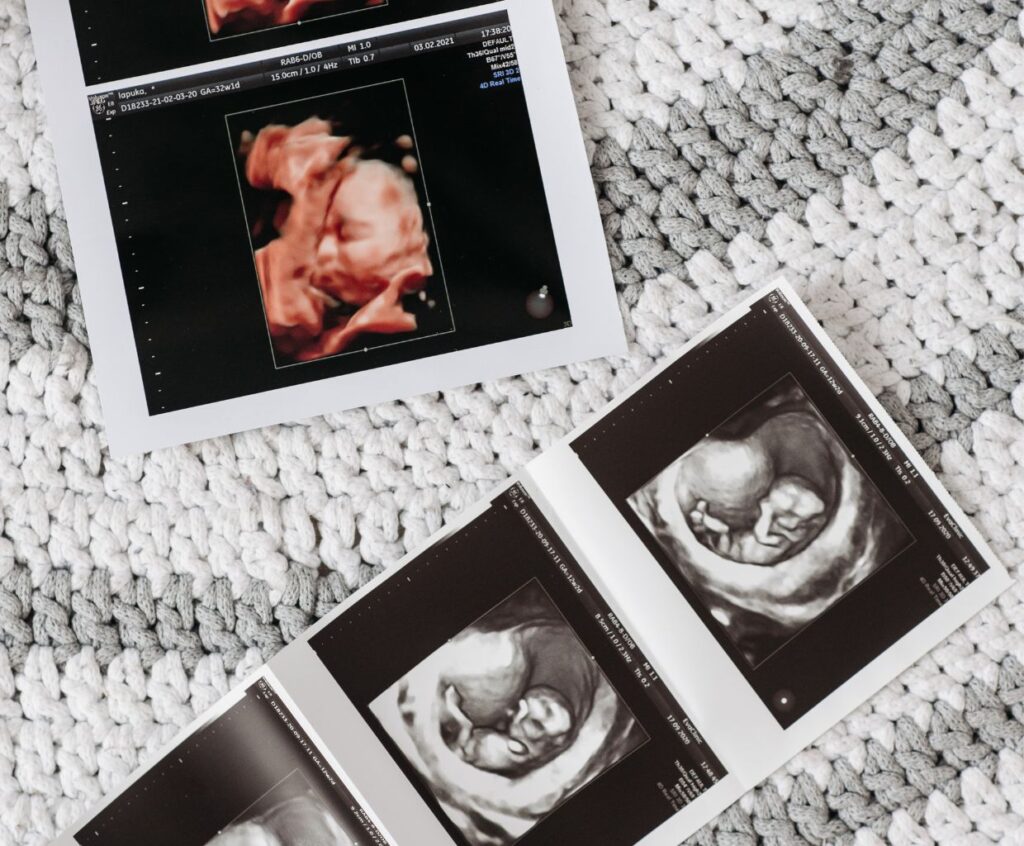The Frequency of Pregnancy Scans: What to Expect During Each Trimester
Welcome to our article on the frequency of pregnancy scans and what you can expect during each trimester of your pregnancy journey. Pregnancy scans play a vital role in monitoring the health and development of your baby, as well as reassuring expectant parents.
This article will explore the recommended number of scans during each trimester and highlight some essential information about what to expect during these appointments.
First Trimester
Early Pregnancy Scan
You will have an early pregnancy scan during the first trimester, typically between 6 to 9 weeks of pregnancy. This scan aims to confirm the pregnancy, determine the gestational age, and ensure the baby develops within the uterus.
It also helps identify any potential issues like ectopic pregnancy or miscarriage. This scan is usually done via transvaginal ultrasound for better visibility.
Nuchal Translucency Scan
Between 11 to 14 weeks, you may have a nuchal translucency scan. This scan assesses the risk of chromosomal abnormalities such as Down syndrome and helps determine the baby’s overall health. It measures the fluid present at the back of the baby’s neck.
Second Trimester
Anomaly Scan
At around 18 to 20 weeks, the anomaly scan is usually conducted. This detailed ultrasound scan examines the baby’s organs, bones, and overall development. It checks for any physical abnormalities or structural issues with the baby.
Third Trimester
Growth Scan
During the third trimester, around 28 to 40 weeks, you may have growth scans to monitor the baby’s growth rate and ensure they are developing correctly. These scans measure the baby’s weight and assess the blood flow through the umbilical cord.
Position Scan
As your due date approaches, usually around 36 to 40 weeks, a position scan may be performed to determine the baby’s position in the womb. This scan is crucial for planning the delivery and ensuring the baby is in the correct position for a safe birth.
Remember, the number and frequency of scans may vary depending on your circumstances and any potential complications. It’s essential to consult with your healthcare provider to determine the appropriate schedule for your pregnancy scans. These scans provide valuable insights into your baby’s development, allowing you to cherish each milestone and ensure a healthy start to parenthood.
How often should pregnancy scans be conducted during each trimester?
The frequency of pregnancy scans can vary depending on the specific circumstances and needs of the pregnant woman. However, here is a general guideline regarding the recommended number of scans during each trimester:
First Trimester:
- Dating scan: This is usually conducted between 8-14 weeks of pregnancy to confirm the gestational age and estimate the due date.
- Nuchal translucency scan: This scan measures the thickness of the baby’s neck and is typically performed between 11-14 weeks to screen for Down syndrome and other chromosomal abnormalities.
Second Trimester:
- Anomaly scan: This is a detailed scan conducted between 18-20 weeks to check the baby’s growth and development. It also helps identify any structural abnormalities.
- Follow-up scans: In some cases, additional scans may be recommended if specific concerns or medical conditions need monitoring.
Third Trimester:
- Growth scans: These scans may be conducted around 28-32 weeks and again around 36-40 weeks to assess the baby’s growth and well-being. They can help determine if the baby is growing correctly and if there are any signs of potential complications.
It’s important to note that these recommendations may vary based on individual circumstances, such as high-risk pregnancies or certain medical conditions. It’s best to consult a healthcare provider to determine the appropriate frequency of scans for each trimester in a specific situation.
Are there any potential risks or limitations to consider when undergoing frequent pregnancy scans throughout all trimesters?
Yes, there are potential risks and limitations associated with undergoing frequent pregnancy scans throughout all trimesters. These include:
1. Increased exposure to ultrasound waves: Although ultrasound scans are generally considered safe, repeated exposure to ultrasound waves may carry a small risk of potential harm to the developing fetus. However, the overall risks are considered to be minimal.
2. False positives and unnecessary interventions: Frequent scans may increase the chances of false positive results, leading to unnecessary interventions or additional tests. This may cause unnecessary anxiety and stress for the expectant parents.
3. Cost and accessibility: Frequent scans can be expensive, and not all healthcare systems or individuals can access them easily. Financial limitations or lack of availability may restrict the frequency of scans.
4. Time constraints: Frequent scans require multiple visits to medical facilities, which can be time-consuming for expectant parents. This may interfere with work or other responsibilities.
5. Increased medicalization of pregnancy: Frequent scans may contribute to the medicalization of pregnancy, where the focus shifts from the natural process of pregnancy to constant monitoring. This can lead to losing the normalcy and autonomy associated with pregnancy.
It is essential to discuss the potential risks and benefits with a healthcare provider to make an informed decision about the frequency of pregnancy scans based on individual circumstances and medical recommendations.
Are there any specific concerns or conditions that may require more frequent pregnancy scans during the second trimester?
There can be specific concerns or conditions that may require more frequent pregnancy scans during the second trimester. Some of these include:
1. Multiple pregnancies: If a woman is carrying twins, triplets, or more, more frequent scans may be required to monitor the growth and development of each fetus.
2. Gestational diabetes: Women with gestational diabetes may require more frequent scans to monitor the baby’s growth and development and assess the placenta’s function.
3. Previous pregnancy complications: If a woman has experienced complications in previous pregnancies, such as preterm birth, placenta problems, or fetal growth restriction, more frequent scans may be recommended to monitor the current pregnancy closely.
4. Preexisting medical conditions: Women with preexisting medical conditions like hypertension, kidney disease, or autoimmune disorders may require more frequent scans to ensure the well-being of both mother and baby.
5. History of miscarriage or stillbirth: Women with a history of miscarriage or stillbirth may undergo more frequent scans to monitor the pregnancy and detect any potential issues closely.
6. Advanced maternal age: Women over 35 may require more frequent scans as they are at a higher risk for certain pregnancy complications, such as chromosomal abnormalities or placenta problems.
It is important to note that the need for more frequent scans during the second trimester is determined on a case-by-case basis by the healthcare provider based on the specific circumstances and medical history of the pregnant woman.


